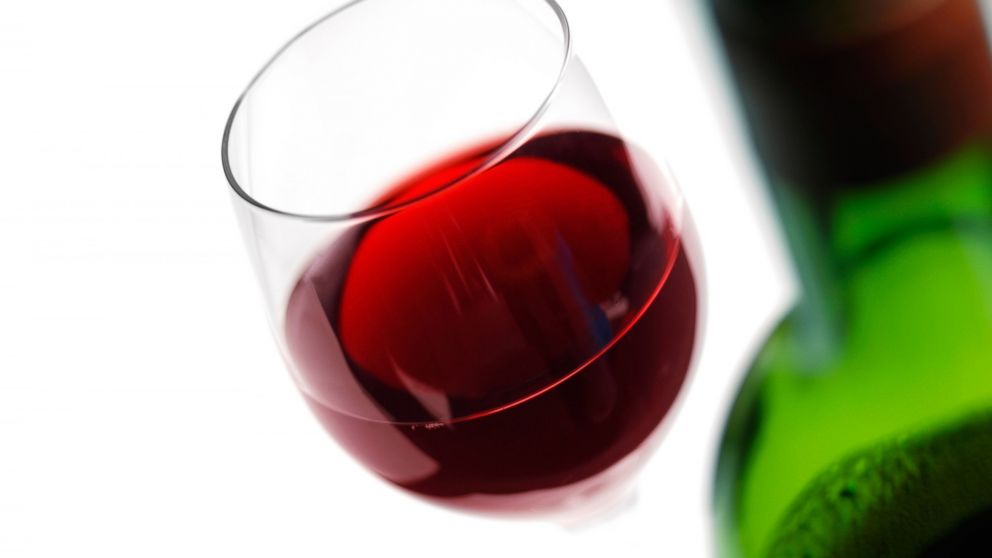What Is 'Dry January' and Why Is It a Thing?
'Dry January,' popular in the U.K., is gaining momentum in the States.

— -- To kick off the New Year, could you give up the occasional cocktail or glass of wine? Would you want to?
During the month of January, Alcohol Concern is encouraging people to sign up for their no-drinking challenge, dubbed "Dry January." And according to the British organization, which calls itself a "small independent charity" thousands worldwide have already agreed to kick the habit for 31 days.
Regina Jackson is one person who joined the challenge after hearing about it on TV. The Springfield, New Jersey wedding singer attends a lot of weddings with open bars, so as a social drinker she decided to try this trend.
"I'm not really a big drinker, but when you're social, it's natural," Jackson,30, explained. "So it's a great opportunity for me to strengthen my will."
"Going into 2016 I wanted to hit the refresh button and definitely wanted to aim for optimal health in all aspects of life: spiritually, emotionally and physically," Jackson told ABC News. "And part of that included deciding to do 'Dry January' so I wouldn't drink at all."
Dr. William R. Miller, Emeritus Distinguished Professor of Psychology and Psychiatry at the University of New Mexico and former co-director of its Center on Alcoholism, Substance Abuse and Addictions, said 'Dry January' is a good idea for social drinkers.
A 2013 study by the Substance Abuse and Mental Health Services Administration, an agency within the U.S. Dept't of Health and Human Services, said 56.4 percent of adults over the age of 18 had used alcohol in the past month.
When it comes to 'Dry January,' Miller said, "Well, why not? There's no health risk unless you're a really heavy drinker and in danger of withdrawal," he told ABC News. "There is a danger of rebounding at the end of January if you go overboard on Feb. 1 and try to make up for all the days of abstinence, but that's probably a small risk."
Miller added that while there aren't many health benefits from taking alcohol out of your diet for 30 days, there are other rewards.
"It does break up the habitual pattern. It gives you a chance to decide what you want to do," he explained. "Some people feel so much better that they want to continue to abstain."
Miller said, "It's an interesting experiment. You may learn things about yourself in terms of how and when you use alcohol. If you're taking a month off and you experience a time when you really want to drink, now you can explore what that's about. It's like giving up something for Lent, a centuries-old practice of self-regulation. It's about having more choice about your life."
As for Jackson, instead of drinking, she plans to walk on the treadmill and start writing in a journal.




